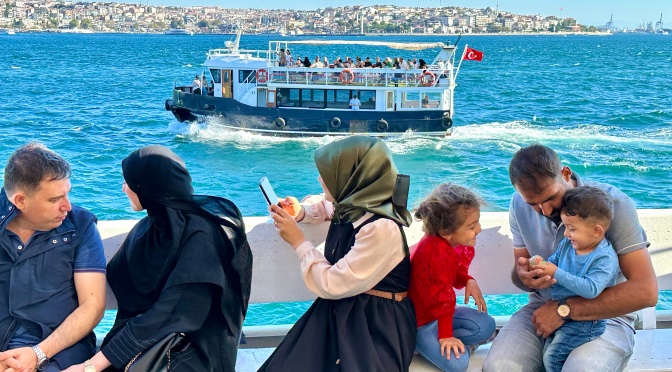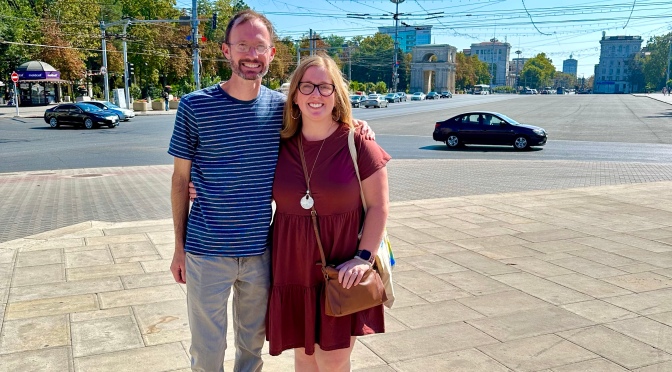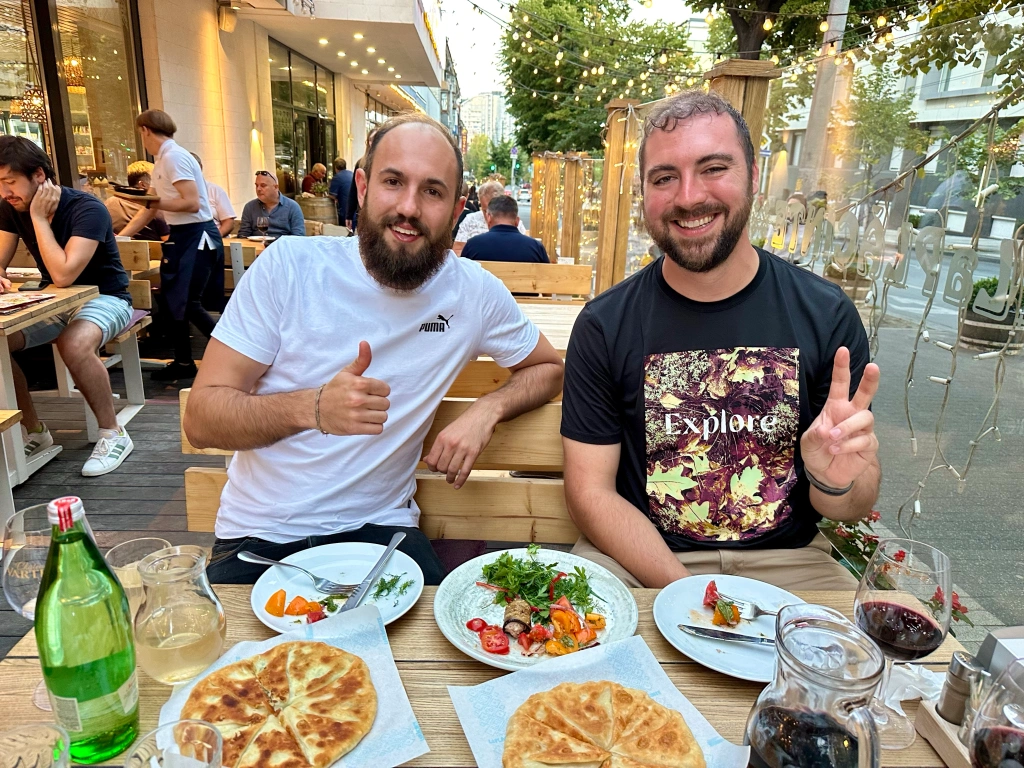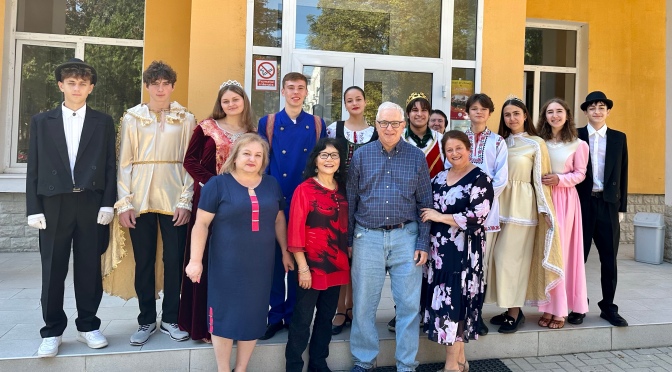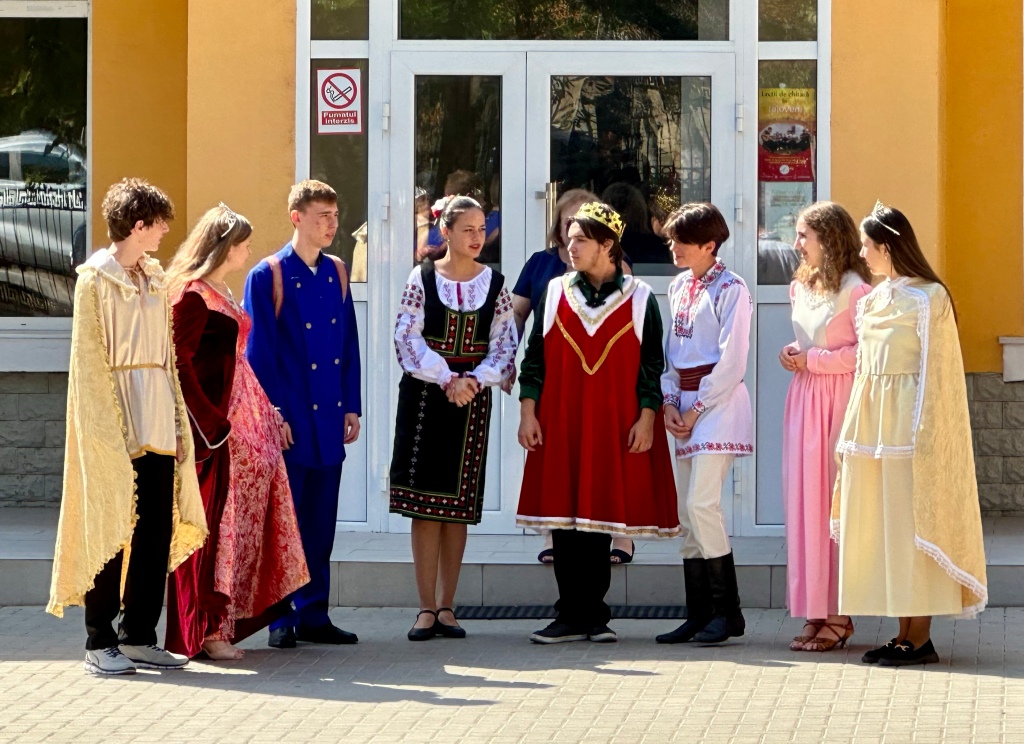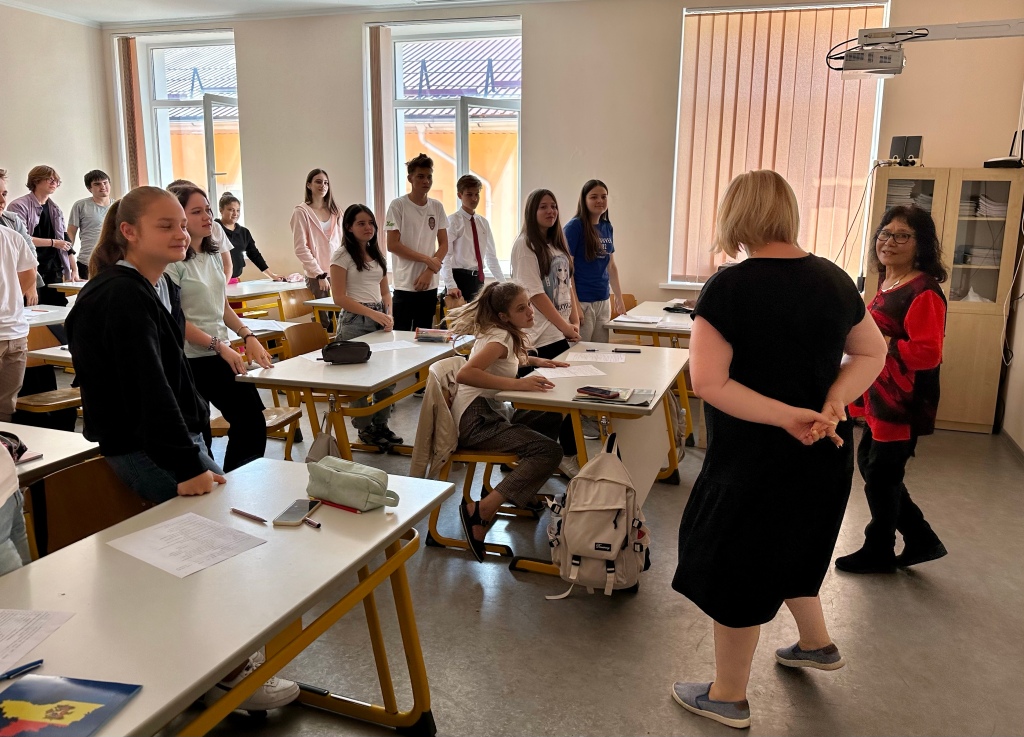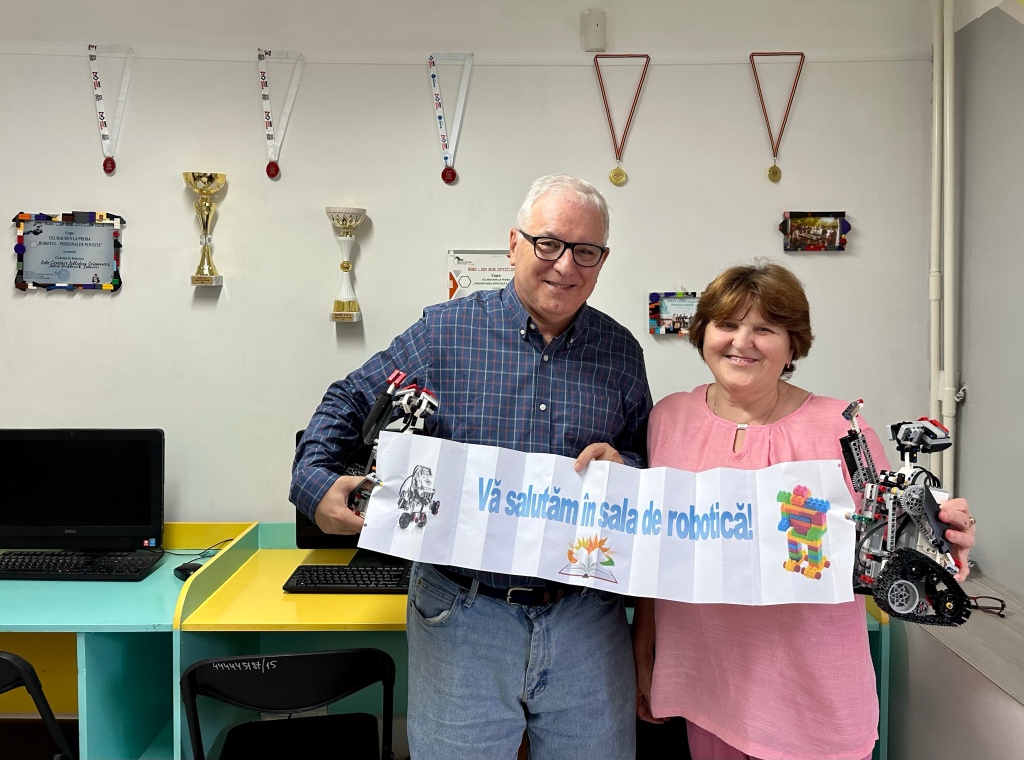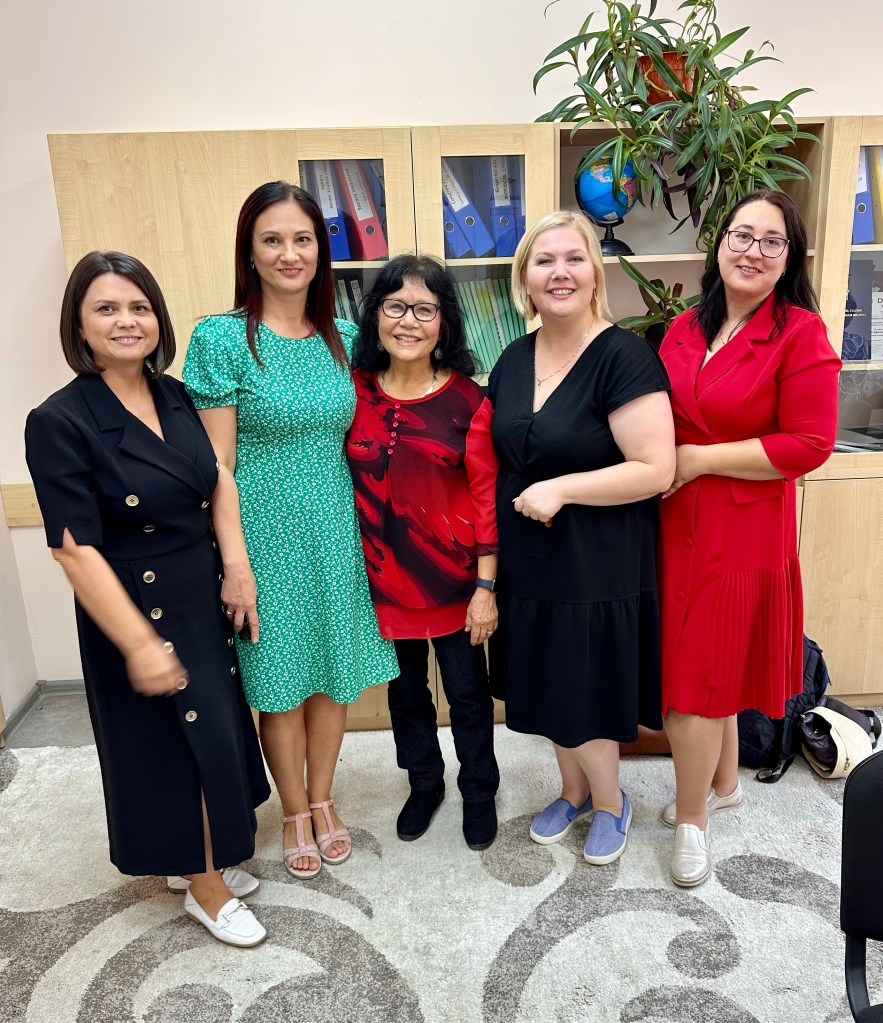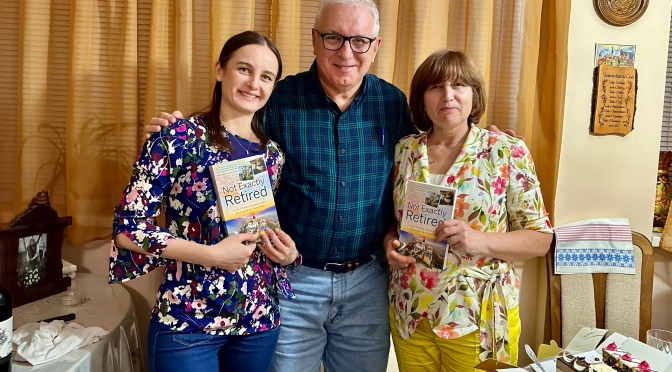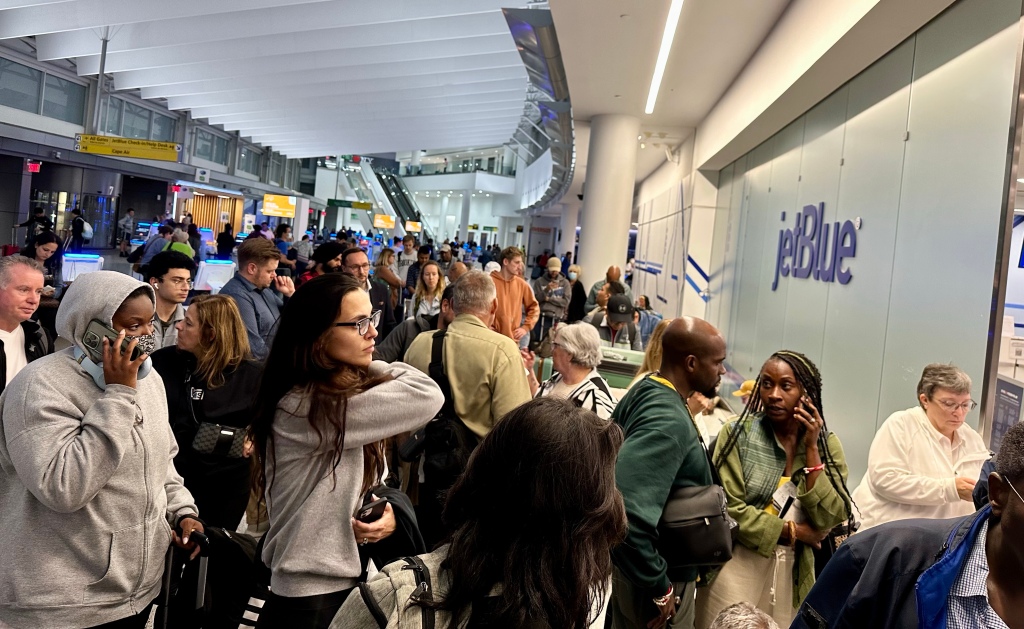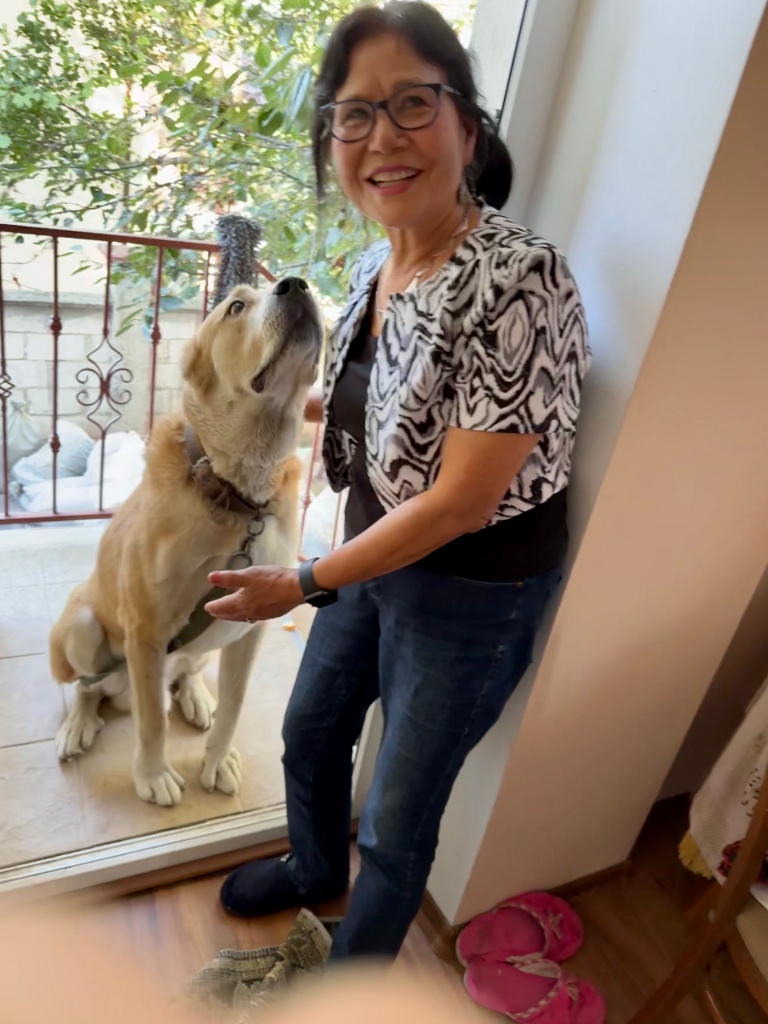Istanbul fascinated us when we visited there during the past several days.
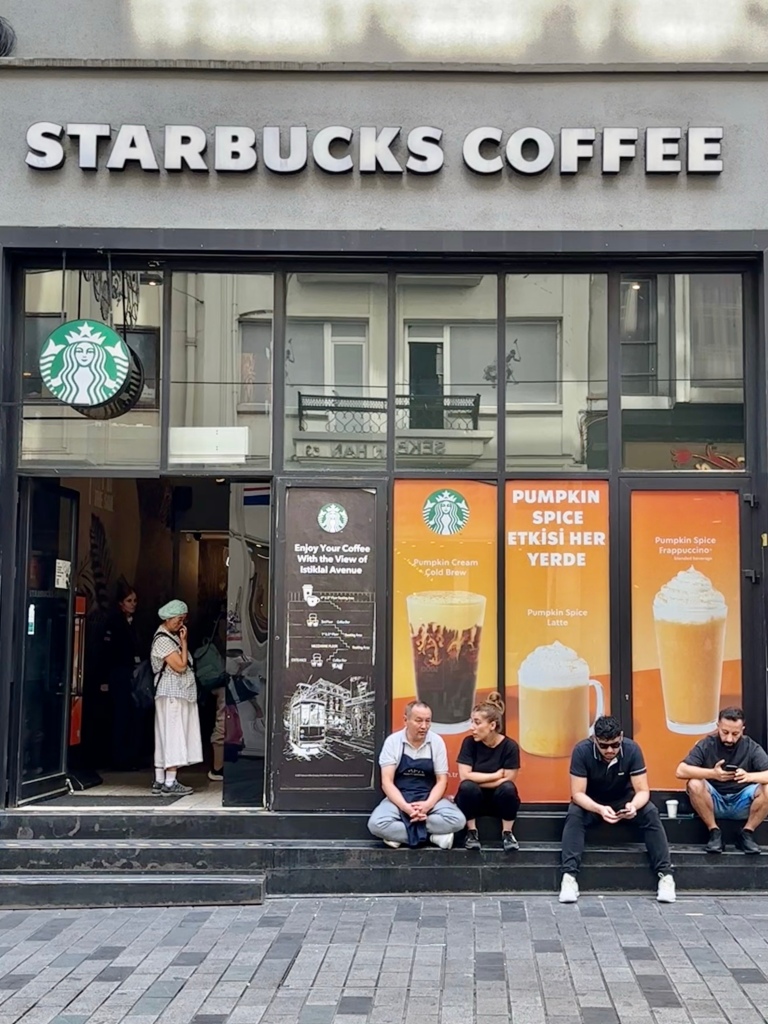
It’s a blend of East and West, Asia and Europe, traditional and modern. Shops sell Turkish sweets and baklava alongside Starbucks and McDonalds. Western pop songs play as “Allahu Akbar” sounds from minarets. Some women wear head scarves, others don’t.
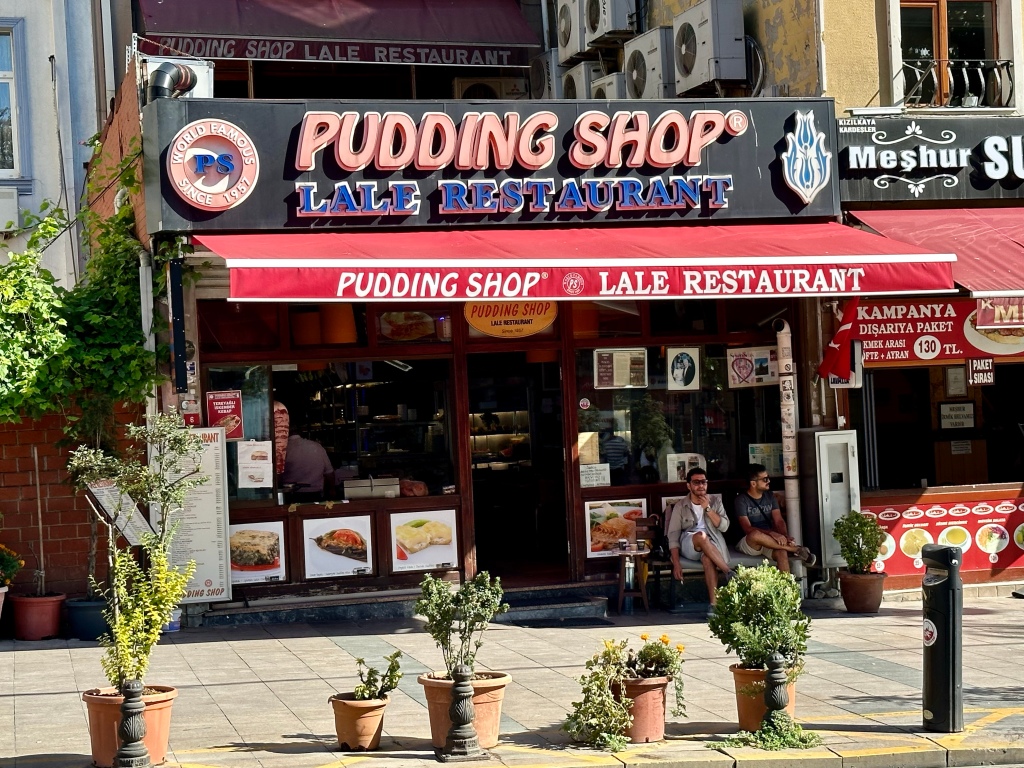
Champa and I loved exploring Istanbul following our unforgettable reunion with friends in Moldova. I’d visited here before, in 1975, when I was among thousands of long-haired backpackers who stopped at Istanbul’s Pudding Shop before heading overland to Kathmandu. I thought then the city was one of the most interesting places I’d ever seen.
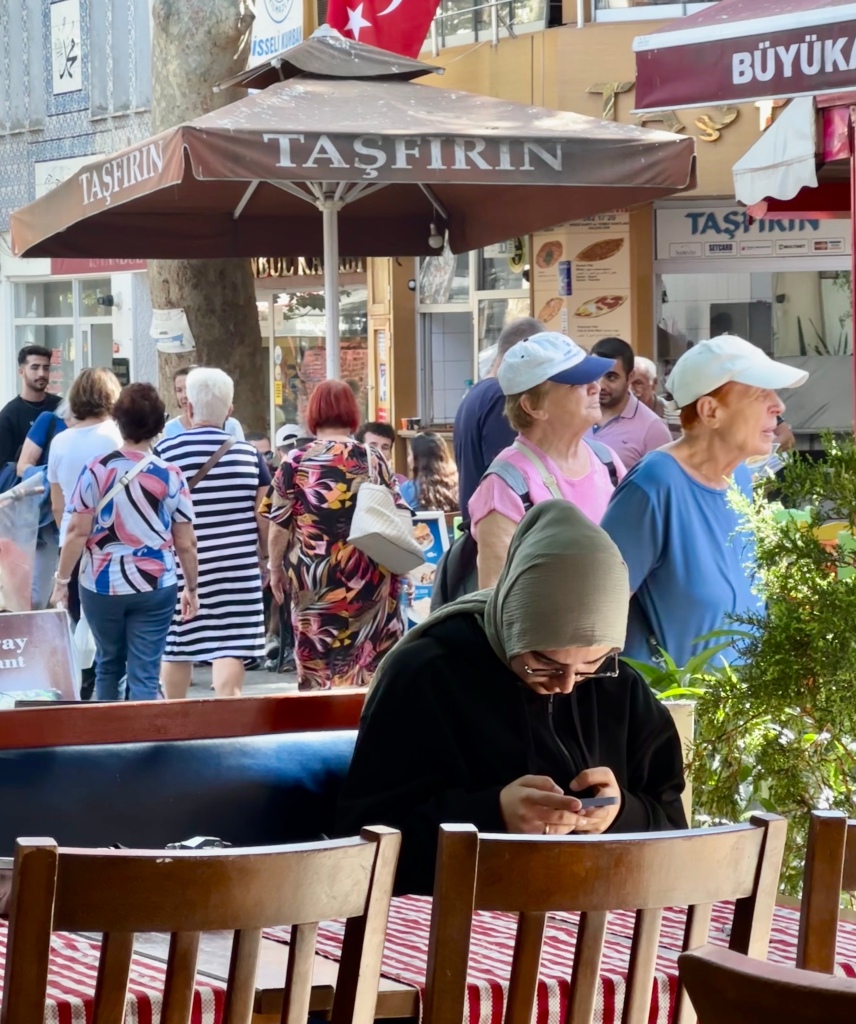
It still is. Istanbul has grown and changed tremendously during the past half-century, (although the Pudding Shop is still there). Yet it still has a distinctive “East meets West” vibe and, of course, landmarks that remain timeless.

There’s Hagia Sophia, above, a domed architectural marvel built as a church in 537, then converted into a mosque, then a museum, now a mosque again. Nearby is the equally magnificent Blue Mosque, its interior adorned with more than 20,000 turquoise tiles.
We gazed upon both structures from our hotel rooftop while eating breakfast, gulls soaring beside our table. We also visited attractions such as the Topkapi Palace, the underground cistern, Taksim Square and the Galata Bridge. We toured the Jewish Museum, cruised on the Bosphorus and took a day trip by ferry to the island town of Büyükada. We climbed hills, rode the subway and learned the T1 Tram stations.
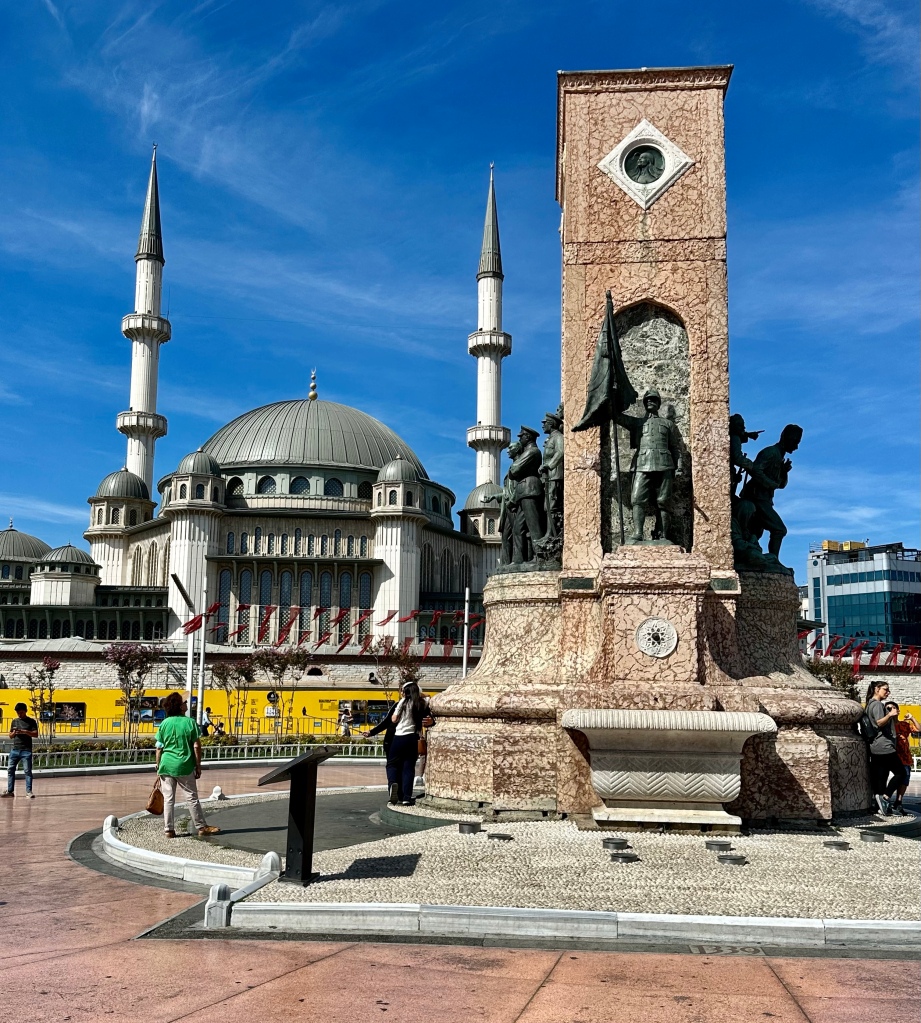
We enjoyed all of it but noticed few other American tourists. It’s possible we just didn’t see them, as recent statistics suggest, but I found myself thinking back to something I posted while we were serving as Peace Corps Volunteers in Moldova. During our vacation travels in the region, we saw even fewer Americans and were saddened by how our country’s people were missing out on great places they’d probably never even considered visiting.
In a subsequent post, I suggested three spots in particular that many Americans would love if they just gave them a chance: Transylvania, Romania; Tbilisi, Georgia; and Bratislava, Slovakia. I’ll now add Istanbul to the list, even though it’s one of the world’s great cities and hardly a “hidden gem.”

Why should American tourists go somewhere that may surprise or even challenge them a bit? Here’s just one example. Early on our first morning in Istanbul, Champa was awoken from a deep sleep by a muezzin chanting the call to prayer from a nearby mosque. “What did you say?” she asked sleepily, then started laughing when she realized she was talking to a voice from a minaret. We both treasured the moment — one we had only because we’d come to this colorful and historic crossroads.
As Turkey’s largest city, with more than 15 million residents, Istanbul will fascinate you, too, and you don’t have to wait a half-century to visit it.


